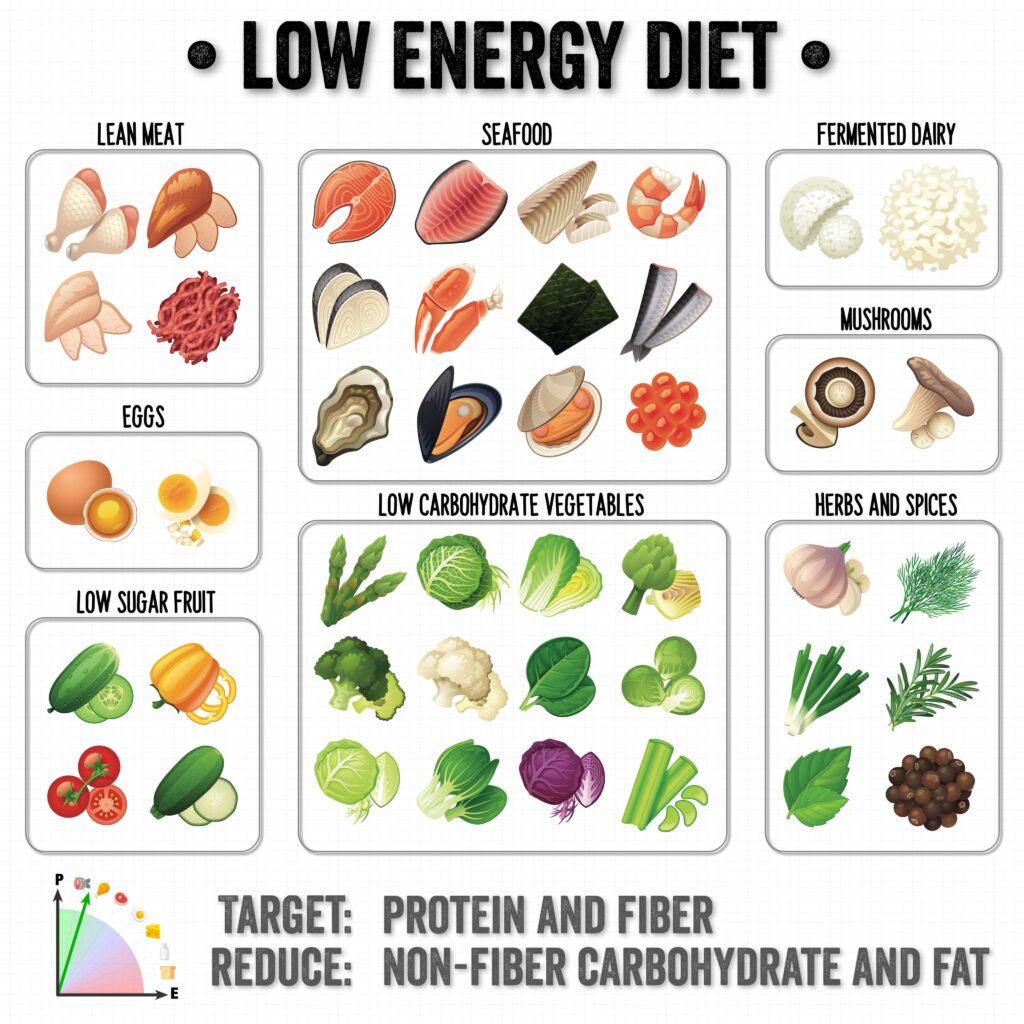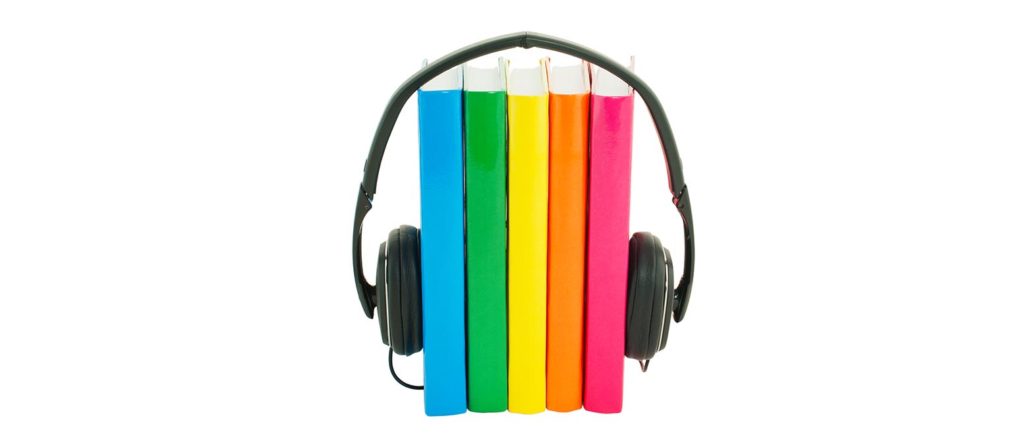A Monk’s Perspective – with Venerable Nick Keomahavong from https://nickkeomahavong.com/
5 Things To Make Your Mornings Better | A Monk’s Perspective
Nowadays, the topic of morning routines are beginning to gain traction due to social media. Morning routines are important; however, many morning routines come from the “productivity” point of view. In this video, Phra Nick wanted to share the morning routine of Buddhist monks and training within the monastery. In this video, Phra Nick gives you 5 morning routines tips that you can add to your daily life along with the overall intention and purpose of our morning routines.
Continue reading “5 things to make your mornings better”



